Courtesy photo from Norlands’
Facebook page.


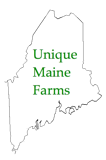

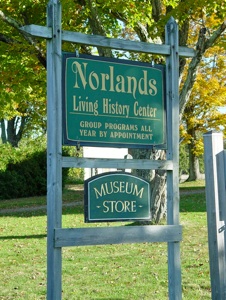
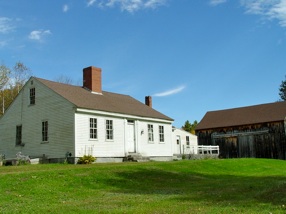
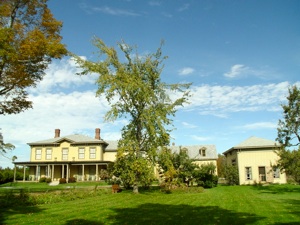








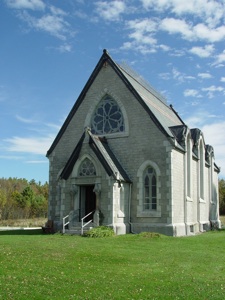


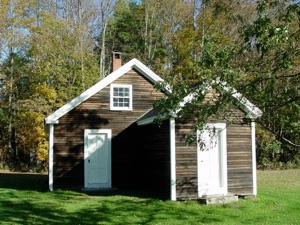

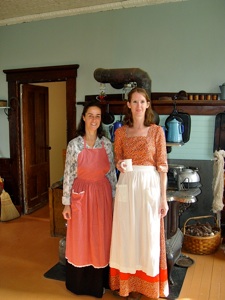
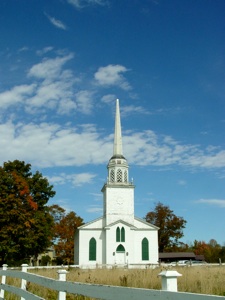
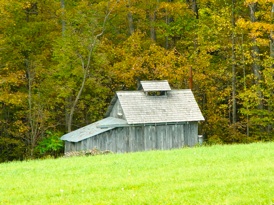
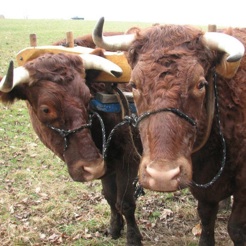
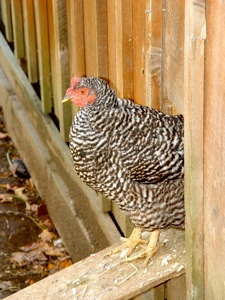
Courtesy photo from Norlands’
Facebook page.
Ray Fleury is the historic farmer at Norlands.
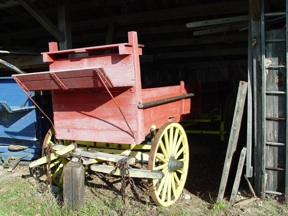
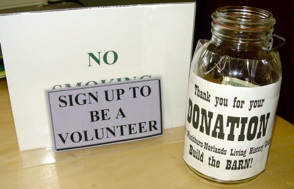
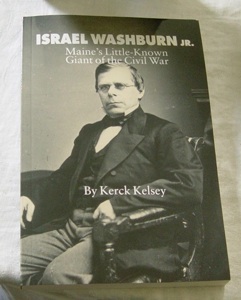
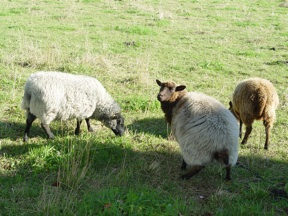
What Makes Norlands Living History Center Unique?
Maine’s oldest living history farm and museum is located in rural Livermore. If you are interested in experiencing what life was like on a farm in Maine in the eighteenth and nineteenth centuries, then Norlands Living History Center is the place to visit.
When one checks out the www.norlands.org website, there are descriptions of several of the “Journey Into History” programs that Norlands offers. For students from second grade through adults, there is an hour-and-a-half program entitled “A Visit to the Farm.” Students learn what farm life was like in 1870 rural Maine. There is a visit to the historic farm kitchen and an interactive matching game that incorporates everyday artifacts that were part of the simpler country lifestyle.
For educators interested in scheduling a field trip to Norlands that are in need of some funding to cover the costs, it is suggested that they contact Norlands. Thanks to the generosity of the Ladd Foundation, scholarships are available to help schools or youth groups reduce the cost of the registration fee. For information, contact the Norlands staff at 207-897-4366 or email programs@norlands.org
The “Journey II: Life in Rural Maine in the 1870‘s” is a four-hour program that offers a total farm participation program for students, youth groups, and adults. Students work in the farmers’ cottage, barnyard, fields, and woods undertaking daily and seasonal chores. Students actually assume the role of someone who lived in 1870, and they simulate the chores that would have been carried out at the time such as housework by the women or field work with the oxen by the men. The girls prepare an authentic noon meal of beef stew, corn bread, and dessert that is enjoyed by all the participants.
For schools which are unable to schedule a visit to Norlands there is a “Life on the Farm” educational outreach program in which a museum interpreter visits the classroom. Other History Outreach programs besides the farm program include “School Days-1850’s,” “ Fun and Games of Long Ago,” and “To Market, To Market.”
If a school or group is interested in a live-in farm experience at Norlands there are various options. Sleeping accommodations are available in an old-fashioned farmers’ cottage. Participants live as though it were 1870. There are expected to carry out many farm chores such as lighting the stove; hauling the water; tending the cows; gathering the eggs; cooking; cleaning; playing games of the period; and attending school. Bathroom facilities during this farm experience consist of chamber pots and privies!
Norlands provides good insight to the workings of a farm operation. There are oxen, two Jersey cows, sheep, and chickens. The 445-acre property contains vegetable and herb gardens and a maple sugar house. Antique wagons and farm equipment can be viewed.
Ray Fleury, the historic farmer at Norlands, was exceptionally accommodating when Unique Maine Farms visited in the fall of 2012. He has been employed at Norlands for the past twenty years and he is extremely knowledgeable of the history of the property. He is a role-player in the educational programs. His character is Israel Martel who lived at Norlands and served as the hired hand for the Washburns in 1870.
In regard to the Washburn family, a tour of Norlands gives visitors an insight into one of the most distinctive and fascinating families of the nineteenth century in Maine. Between 1813 and 1833, eleven children were born to Israel and Martha Washburn. The accomplishments of their children were quite noteworthy. Their sons, Israel Washburn, Jr., Elihu Benjamin Washburne, Cadwallader Colden Washburn, and William Drew Washburn were elected as United States Congressmen. William Drew also served in the U.S.Senate. Cadwaller became a Civil War General and Samuel Benjamin Washburn became a naval captain in the Civil War.
Elihu Benjamin Washburn was appointed by President Grant as Secretary of State. Cadwallader was credited for taking hard spring wheat and turning it to flour. He was the founder of Washburn-Crosby Gold Medal Flour and he also served as Governor of Wisconsin. Charles Ames Washburn invented a typewriter. Israel Washburn Jr. served as Governor of Maine and was President of the Rumford Falls and Buckfield Railroad. Several of the brothers became noted authors. To learn more about all the accomplishments of the members of the Washburn family, The Washburn Family of Norlands, which is sold in the Norlands’ gift shop, is an excellent resource.
Ray Fleury shared information from old journals that chronicled happenings at the Washburn family farm from February through June at Norlands in the 1870’s. In February, the farm hands kept busy shoveling a road to the brook to water the cattle. They spent February, March, and April cutting wood. Farmers cut the wood that they needed during the winter when they were not occupied with raising crops and when the snow and ice helped to facilitate the transporting of the wood.
In April, farmhands cut apple tree brush; hauled stones; made a long ladder; put up a fence around the pasture; laid a wall; and helped plant potatoes. In May, they foxed fence; harrowed oats; laid another wall; set out twenty apple trees; hauled stone; pulled up posts; tore down a fence; sowed two acres of barley; sowed oats and peas; hauled manure; fixed an old fence; cleaned out the hog pen; hauled and spread manure; planted corn; and sawed boards to make a fence.
Unfortunately a tragic fire took place at Norlands on April 28, 2008, and the historic barn and the farmer’s cottage that were attached to the mansion were a total loss. There was a sense of deja vu since a devastating fire destroyed the mansion in 1867. The Washburns rebuilt their home back in 1867, and Norlands has been conducting a fundraising campaign to restore the barn back to its glory.
Visitors to Norlands can enjoy touring the one-room schoolhouse. There are quill pens, slates, slate pencils, rags for erasing, and reproductions of old textbooks. There is an impressive granite library and a Universalist meeting house. Guests can enjoy a nature walk to see the Pools of Simeon and a view of Mount Washington.
In the gift shop there is an assortment of books relating to the Washburn family. A history of the Norlands Schoolhouse is available. Culinary enthusiasts enjoy the Favorite Recipes from the Farmer’s Cottage and Hearth. It contains recipes for biscuits, various breads, hasty pudding, pancakes, “boiled pot,” corn chowder, pea soup, baked beans, bread pudding, an assortment of cakes, ice cream, and wassail and a spice bag.
Several special events are scheduled at Norlands. There is a Strawberry Festival, Haunted History Tour and Fall Festival, Veterans Day Program and Dinner, Christmas at Norlands Day, Maine Maple Sunday in March, and the Civil War Reenactment
Weekend in June of every other year. There are also special Meet, Laugh, and Learn meals and Norland Tea Parties, and college programs. Norlands is receptive to hosting weddings, business meetings, and gatherings.
Individuals interested in stepping forward to help at the special events that take place at Norlands are encouraged to do so. Volunteers opportunities abound at Norlands. Help is needed with Docent Tours, Living History Experience Tours, and the school programs. Other areas in need of assistance are the Collections Management, Inventory and Research departments. Volunteers are needed with the care of the grounds and minor maintenance on the buildings. Individuals who are skilled in a traditional craft are encouraged to become involved in teaching and demonstrating during special events and programs.
Fundraising is a perennial concern at Norlands since they are a non-profit organization. Membership levels are available. Volunteers are needed with publicity, admissions, the gift shop, and planning. Help in the Administration/Office is always appreciated. There is an active campaign going on to raise funds for the rebuilding of the barn that was lost in the 2008 fire. The new foundation was completed this past fall.
The programs and events offered by the Norlands Living History Center are truly special. Students of all ages who have an interest in agriculture and history should consider attending a tour or participating in one of the educational programs. Where else can someone forget all the advancements of the modern world and step back in time and experience what it was genuinely like to be living on a farm in Maine in the eighteenth and nineteenth centuries?
Name: Norlands
Living History Center
Address: 290 Norlands Road
Livermore, Maine 04253
Phone: 207-897-4366
Email: norlands@norlands.org
Fax: 207-897-4963
Website: www.norlands.org
Products and Services:
- Maine’s oldest living history farm and museum
- Journey Into History school programs
-group tours of mansion, school house, church, library by appointment
-special events
-outreach educational programs that visit schools
-various interactive programs
-Live-in programs
-gift shop

